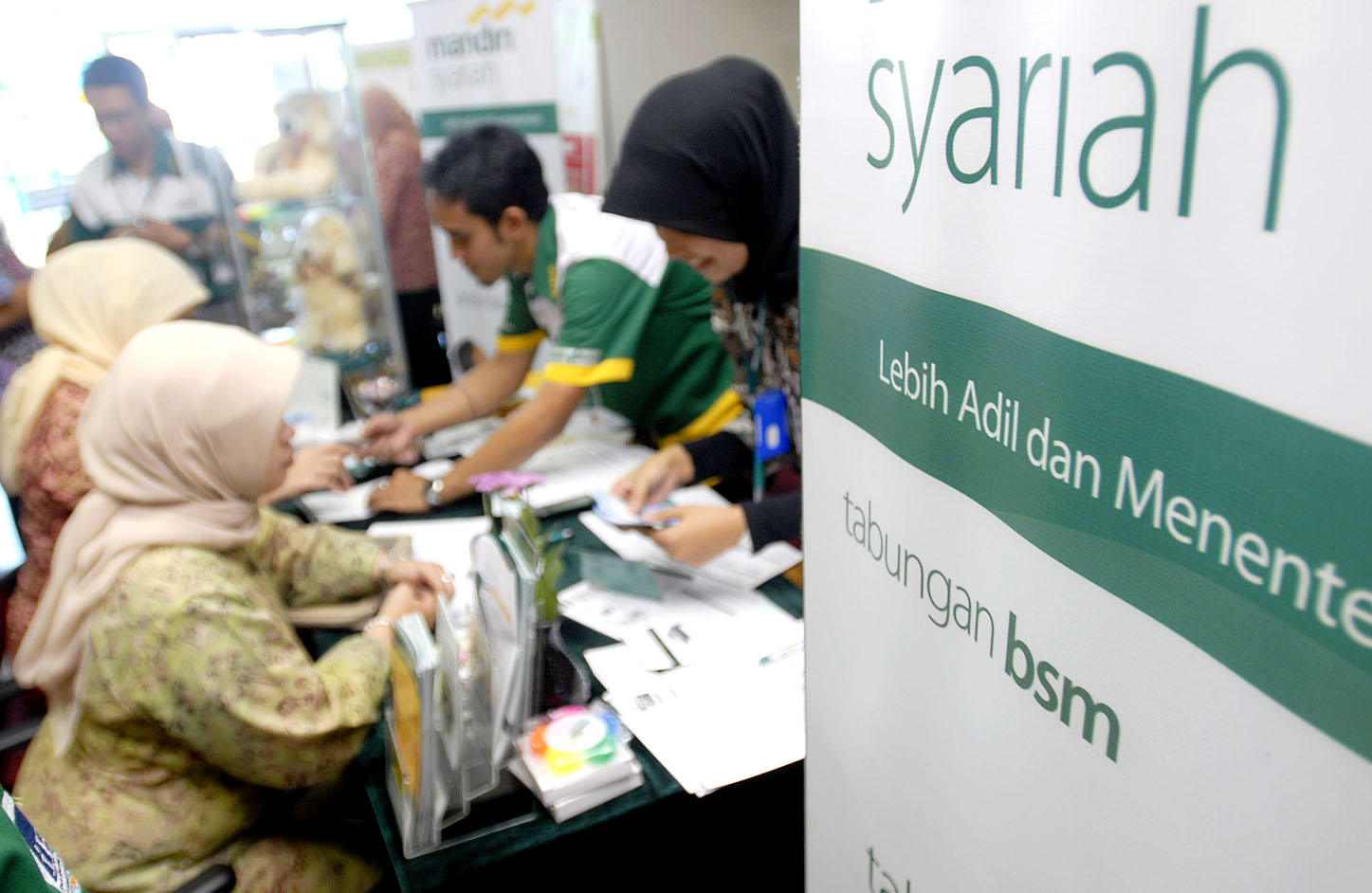The Financial Services Authority (OJK) continues to support the development of Indonesia’s Islamic banking sector, ensuring financial stability and sustainable economic growth. By the end of 2024, Islamic banking recorded strong performance, with total assets reaching IDR 980.30 trillion—an increase of 9.88% year-on-year. Market share also climbed to 7.72%, compared to 7.44% in 2023.
Islamic banks showed solid intermediation growth, with total financing disbursed reaching IDR 643.55 trillion, reflecting a 9.92% increase. Meanwhile, third-party funds (DPK) grew by approximately 10%, significantly outpacing the conventional banking sector’s 4-5% growth. The sector remains well capitalized, with a Capital Adequacy Ratio (CAR) of 25.4%, exceeding regulatory requirements. Liquidity indicators also stayed robust, with the Liquidity Coverage Ratio (AL/NCD) at 154.52% and AL/DPK at 32.09%.
To sustain this momentum, OJK has introduced five key strategies to enhance the scale and competitiveness of Islamic banking, both domestically and globally.
1. Consolidation and Strengthening of Islamic Banks
OJK is supporting the spin-off process of Islamic business units (UUS) to establish independent Islamic commercial banks (BUS). By coordinating with stakeholders, OJK aims to streamline licensing and encourage synergy between new BUS and their parent banks. Shareholders are also urged to back consolidation efforts, creating larger Islamic banks with stronger capabilities.
2. Establishing the Sharia Finance Development Committee
The formation of the Komite Pengembangan Keuangan Syariah (KPKS) reflects OJK’s commitment to enhancing governance in the Islamic finance industry. This initiative will ensure regulatory alignment and strengthen the sector’s long-term sustainability.
3. Expanding Islamic Banking Product Guidelines
OJK is finalizing guidelines for sharia-compliant banking products to standardize implementation and promote clarity in financial transactions. The regulator is also advancing shari’ah-based product development, aligned with Indonesia’s Financial Sector Development and Strengthening Policy (PTIJK) 2025. Upcoming guidelines will cover Salam, Istishna’, and Multijasa financing.
4. Strengthening Islamic Banking’s Role in the Halal Economy
To integrate Islamic banking into the broader halal economy, OJK is fostering collaborations between Islamic financial institutions, government agencies, and halal industry players. This initiative aims to increase access to Islamic banking services across the entire ecosystem.
5. Boosting Islamic Banking’s Support for SMEs
OJK is prioritizing small and medium enterprises (SMEs) by enhancing access to Islamic banking services and providing financial guidance. Special attention is given to unbankable SMEs, utilizing sharia-based financial instruments to improve financial inclusion.
OJK’s Chief Banking Supervisor, Dian Ediana Rae, emphasized that despite global and domestic economic challenges, Islamic banking holds significant growth potential. He highlighted the sector’s ability to capitalize on niche markets and develop alternative financial products that distinguish it from conventional banking. With coordinated efforts among stakeholders, OJK aims to further expand Islamic banking’s market share through both organic and inorganic growth.
As OJK implements these strategies, Indonesia’s Islamic banking sector is expected to strengthen its competitive edge and make a greater contribution to the national economy.
PHOTO: BSDM
This article was created with AI assistance.
Read More






 Tuesday, 24-02-26
Tuesday, 24-02-26







